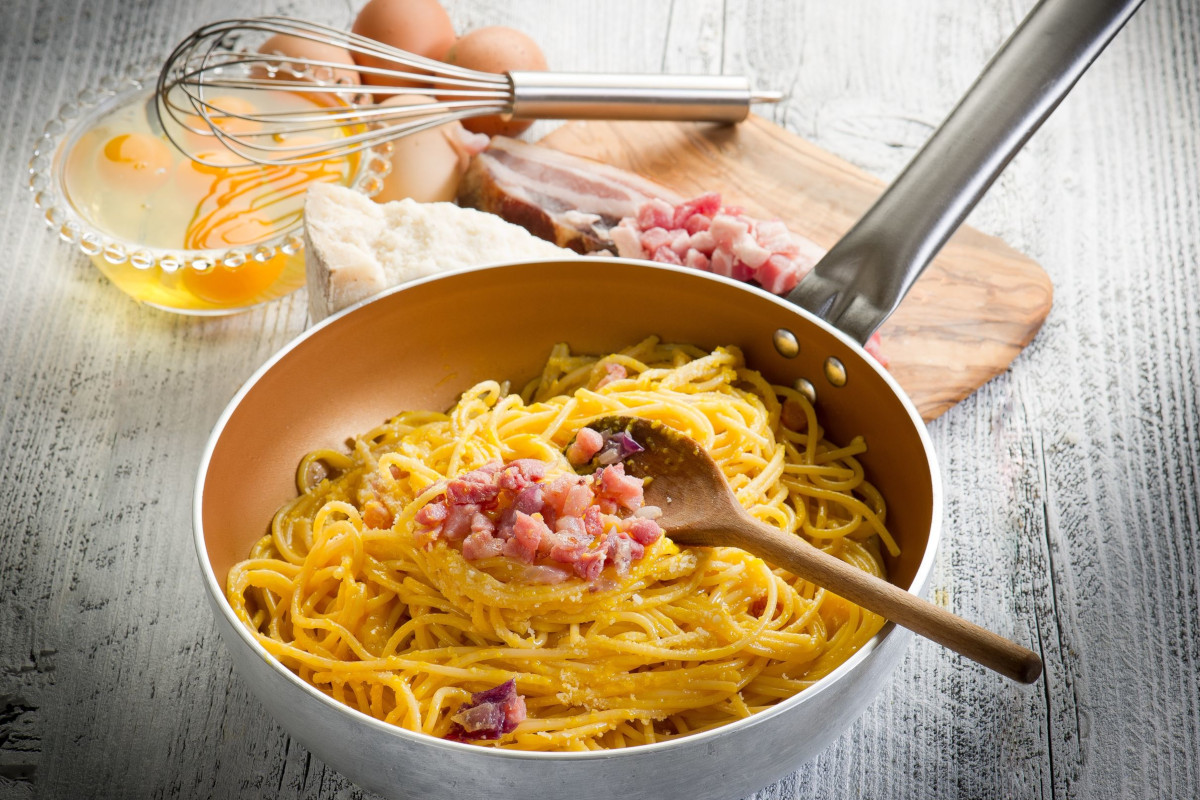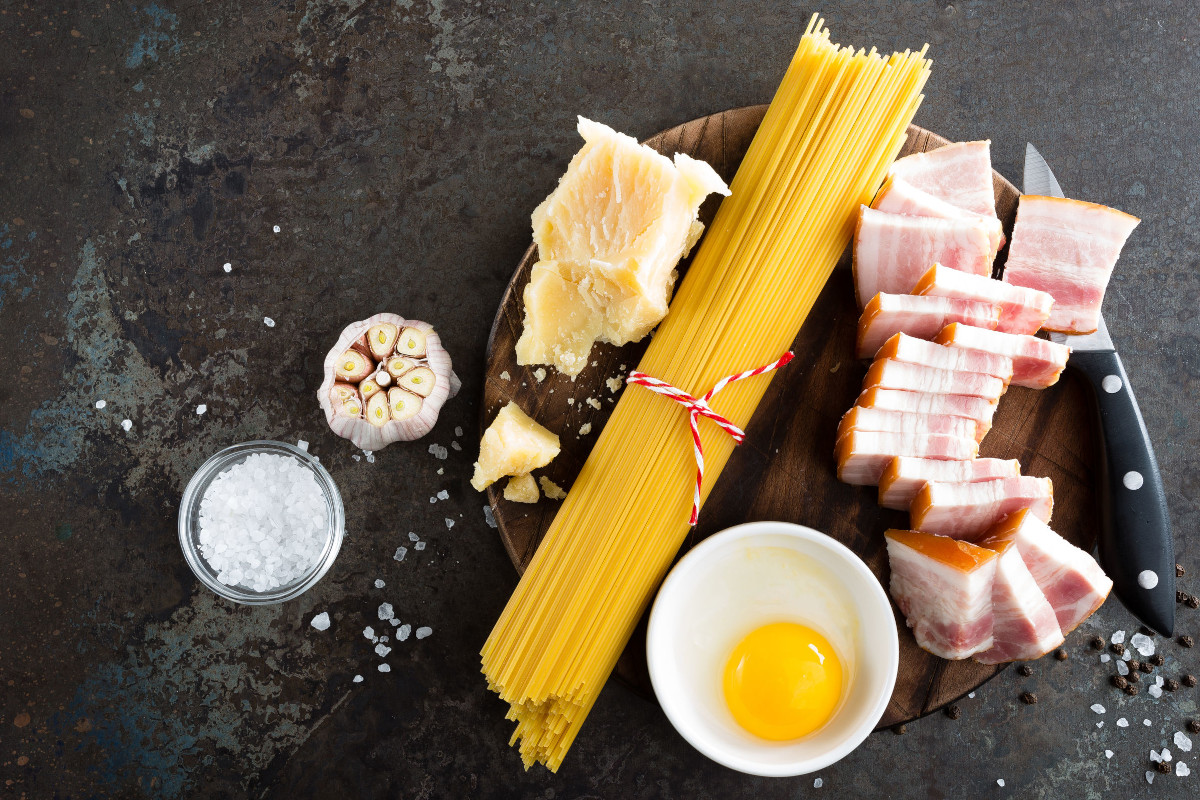
Amidst the intricate narrative surrounding the birth and evolution of spaghetti alla carbonara, volumes have been penned, articles prolifically drafted, and controversies fervently stirred. Yet, a definitive consensus between culinary scholars and historians remains elusive. The enigmatic origins of the quintessential Italian dish persist, further fueled by the discovery of what could be considered the inaugural “official recipe,” featuring garlic, gruyère, and bacon—an amalgamation that, in contemporary times, would undoubtedly stoke impassioned debates among culinary purists.
Marking the occasion, the Italian pasta industries under the auspices of Unione Italiana Food dedicated this year’s Carbonara Day to dissecting this culinary enigma. Their commemoration of Carbonara Day on April 6th, an initiative instituted eight years ago, underscores the enduring fascination with this iconic dish.
The profound impact of carbonara extends far beyond the culinary realm, permeating the digital sphere with unprecedented fervor. In the annals of social media, over a billion fervent pasta enthusiasts convened in 2023 to laud the virtues of carbonara, underscoring its global ubiquity and enduring appeal.
Yet, amidst the clamor, a dichotomy emerges between traditionalists and innovators. For the former, the essence of authentic pasta alla carbonara lies in the harmonious fusion of five elemental ingredients: pasta, guanciale (pork cheek), Pecorino Romano PDO cheese, eggs, and pepper. Conversely, proponents of culinary innovation advocate for boundless reinterpretations, challenging conventional norms and pushing the boundaries of tradition.

A survey conducted by AstraRicerche offers a glimpse into the culinary psyche of modern Italy, revealing a delicate balance between adherence to tradition and adventurous experimentation. While a majority profess fidelity to the classic recipe, a notable faction embraces creative deviations, incorporating an eclectic array of ingredients—from cream and chili pepper to ham and assorted vegetables.
In the words of Margherita Mastromauro, president of Unione Italiana Food’s pasta division, carbonara epitomizes a culinary renaissance, symbolizing Italy’s post-war resurgence and the ascent of its gastronomic heritage onto the global stage. Its enduring popularity resonates not only with its gustatory allure but also with its adaptability—a testament to the enduring legacy of Italian cuisine on the world stage.
